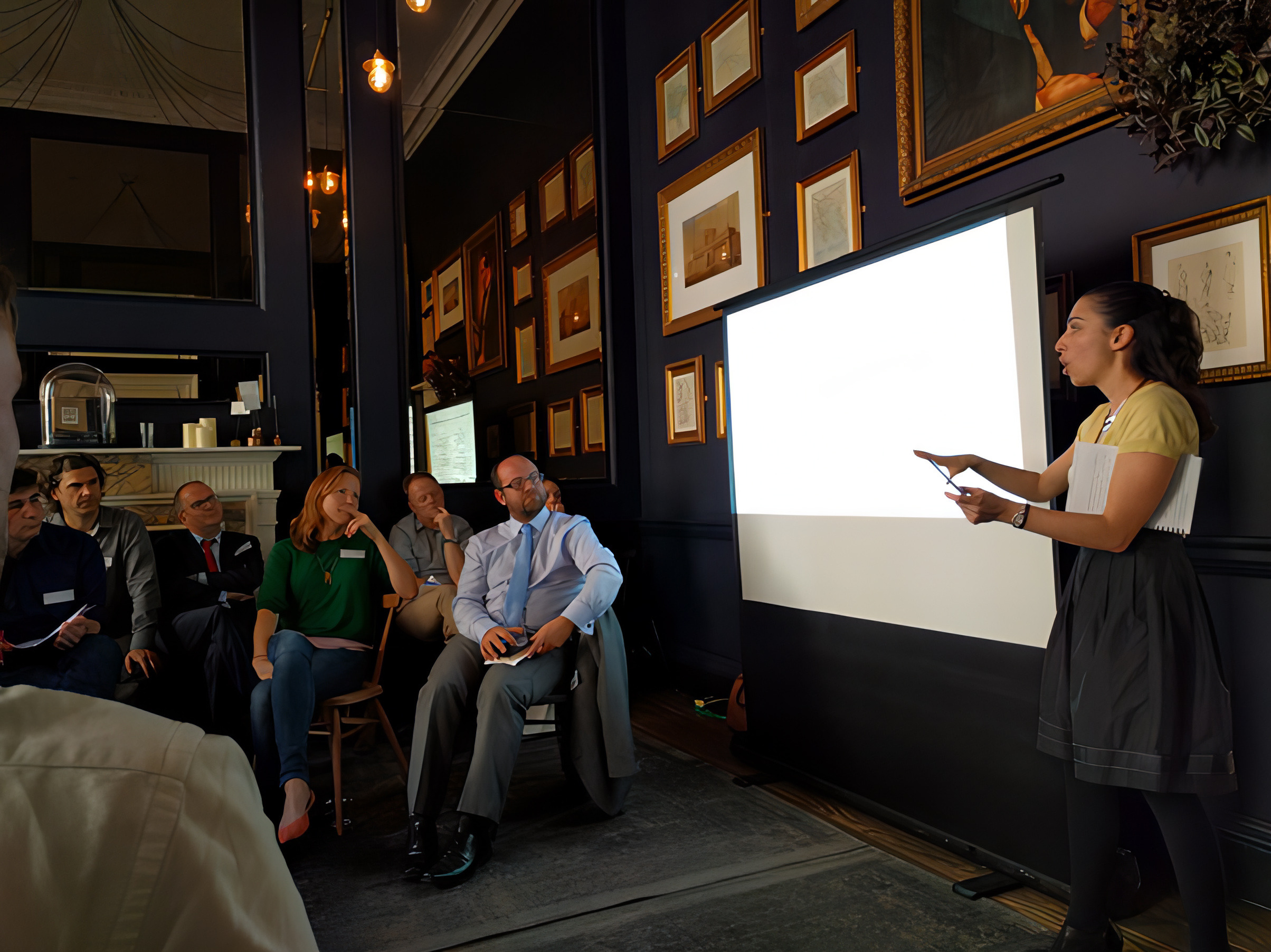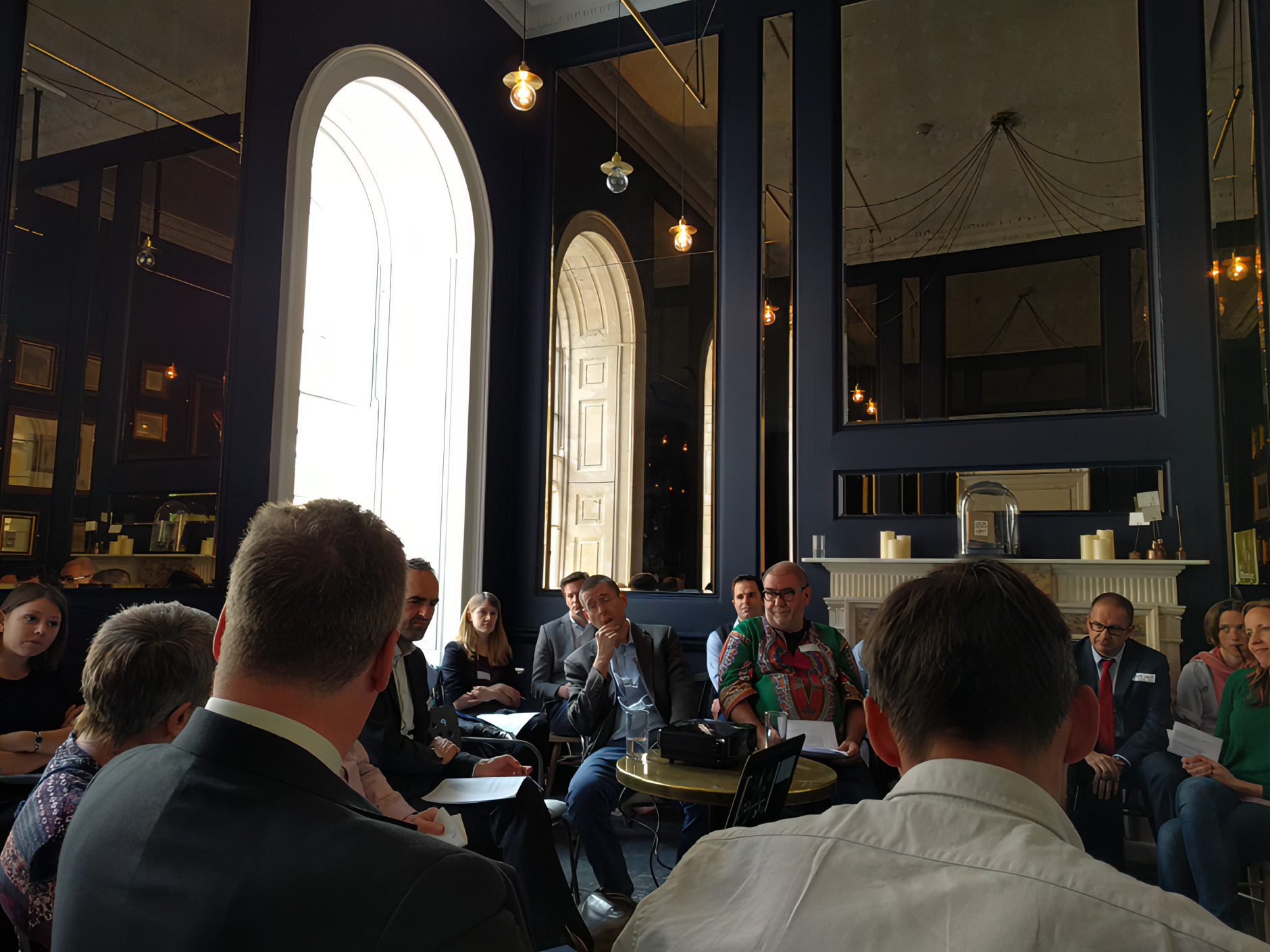DFID EACP event on thinking and working politically in the DRC
On 4 May 2016, Integrity organised a half-day event on behalf of the UK Department for International Development’s (DFID) Evidence, Analysis and Coordination Programme (EACP) in the Democratic Republic of Congo (DRC).
Integrity, in a consortium led by Atos Consulting and that includes Search for Common Ground, Burton Rands, Resource Consulting and NUPI, supports DFID’s EACP to understand the underlying causes, features and dynamics of fragility and conflict in the DRC, and to examine potential drivers of conflict. This enables priorities and opportunities for engagement to be identified for future DFID programmes and supports staff in their understanding of vulnerability in the DRC in its broadest sense.

About the event
This half-day event aimed to encourage dialogue and discussion on political economy analysis in DRC among a variety of stakeholders that are all directly involved with development programming in DRC. Our participants included a range of independent consultants, representatives from INGOs, implementing consultancies and DFID. The afternoon kicked off with presentations from leading programme consultants Elinor Raikes, Kris Berwouts and Stylianos Moshonas, drawing on findings from recent PEA studies conducted as part of EACP. The participants then broke off into two groups to brainstorm the key issues and questions that arise when we think about working politically in DRC. The discussion that ensued provided constructive and engaging feedback with attendees drawing on their personal experiences in DRC.
We want to extend a special thank you to Renwick Irvine, DFID DRC’s Team Lead for the Governance, Conflict and Humanitarian team for chairing the event, allowing guests to engage in constructive exchanges with a knowledgeable DFID representative.

About EACP
Integrity has produced a number of PEA studies on different provinces and sectors that feed into DFID programming across DRC. PEA is a qualitative research approach that focuses on understanding the political realities that facilitate and constrain programming. It is a particularly useful tool in fragile states, given the abundance of informal and relationship-based political and economic networks.
While recognising the sensitivities of political research, Integrity has sought to share findings and learning from the EACP with a range of stakeholders. Alex Martins, Integrity’s Services Manager, has authored a lessons paper on adapting PEA methodology to the DRC context. “Thinking Politically in DRC: Does it Work?” has been part of this engagement with stakeholders. One of the key points discussed by participants, including DFID and implementing partners, was the issue of ownership of the development of research questions, and political knowledge gained from such research. The group began to explore the role of local stakeholders in PEA in open discussions and break out groups, followed by sharing of conclusions. Participants agreed that similar workshops in future should be organised to further explore the link between research, stakeholder management and PDIA during programme implementation.
